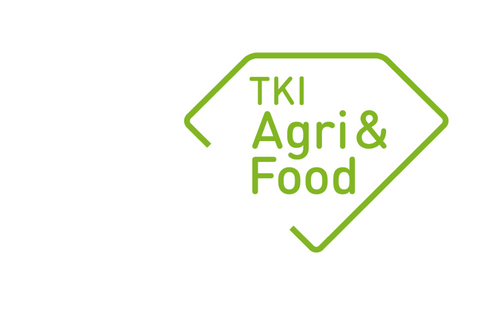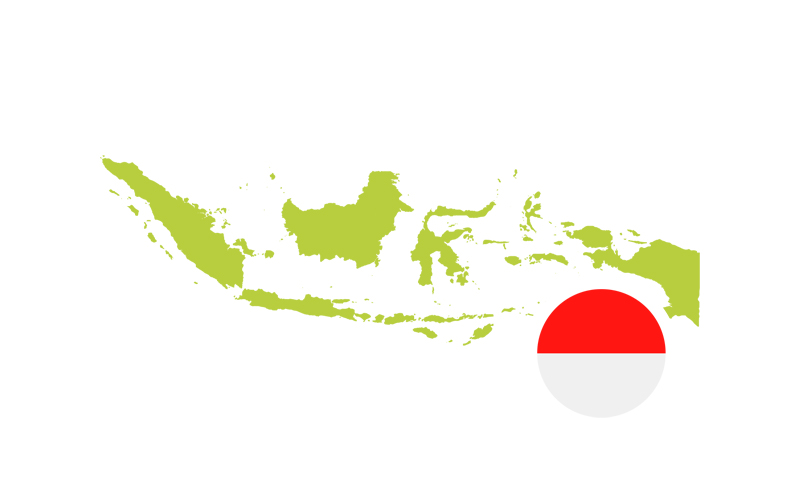Projecttitel: Improving local production-distribution chains and creating export possibilities for small (organic) banana farmers in Indonesia
Projectnummer: SMP-16051
Kernthema: Klimaatneutraal
Looptijd: 2016
Budget: € 44.000
Projectleider: Ernst Woltering
Kennisinstelling: Wageningen UR
Projectpartners: AgroFair, Cooling Service Holland, Dept. agriculture, Dutch ambassy Beijing, FairTaste, Passina Products, Pattimura University, VDH Products.
Samenvatting
The global gross production of bananas was approximately 139 million tonnes in 2012. The majority of this production is based on numerous genetically diverse varieties that are consumed locally. On the other hand, the 12% that is traded on the international market is almost exclusively dominated (97%) by a few clonal variants within the Cavendish subgroup (e.g. ‘Grande Naine’, ‘Williams’, ‘Robusta’, ‘Dwarf Cavendish’). The 3% of internationally traded non-Cavendish varieties are predominantly cooking varieties within the Plantain subgroup.
The large and intensively produced monocultures supplying the export trade also offer favourable conditions for the proliferation of different types of fusarium F. oxysporum (fusarium wilt, panama disease) and Mycosphaerella fijiensis responsible for black leaf streak, better known as black Sigatoka. In the humid tropics, conventionally managed banana plantations are now sprayed weekly against this fungus– a classic ‘pesticide treadmill’ that makes little economic or ecological sense.
On different levels, there is need for increased diversification within the banana cultivation and trade. Especially at the retail and consumer level, there is interest in banana product diversification and interest in more sustainable/organic fruit products, in particular where they appeal to health or super food trends, new sensory experiences and product and brand narrative.
In Indonesia there is a considerable diversity of banana varieties present (over 30 varieties), but these are only cultivated on a very small scale and mainly used for local consumption. There is increasing interest in new banana types by consumers in Europe but currently there is no sufficient supply; there is no data on sensory aspects nor experience with overseas transport, storage or processing of these banana types. AgroFair, the applicant of this proposal, is interested to establish new business, especially in new types of (organic) banana’s from Indonesia but has not been able to organize sufficient supply and reliable partners in the production-distribution chain. Also the potential for local improvements and satisfying local demands is recognized by Agriculture dept. Netherlands Embassy in Jakarta, the co-applicant of this proposal.
Within this project we will make an inventory on the features of different varieties of non-Cavendish banana that are currently cultivated in Indonesia, especially on Ambon (Molukken), an exercise that has never been done before. We will investigate the opportunities to improve local distribution chains and to create new possibilities for export. We will establish a consortium of growers or grower organisations, university partners, local and international trading companies and technology providers to further develop the production-distribution chain of a limited number of non-Cavendish banana varieties with high pest resistance, good flavour and sensory characteristics, health or dietary advantages (such as high Vitamin A) and storage or processing potential. The ultimate long-term goal is to professionalize the cultivation, harvest, storage/transport/processing and ripening/processing of non-Cavendish bananas for the local market and to establish a significant product flow of fresh or processed product to European markets.
Deel dit bericht


